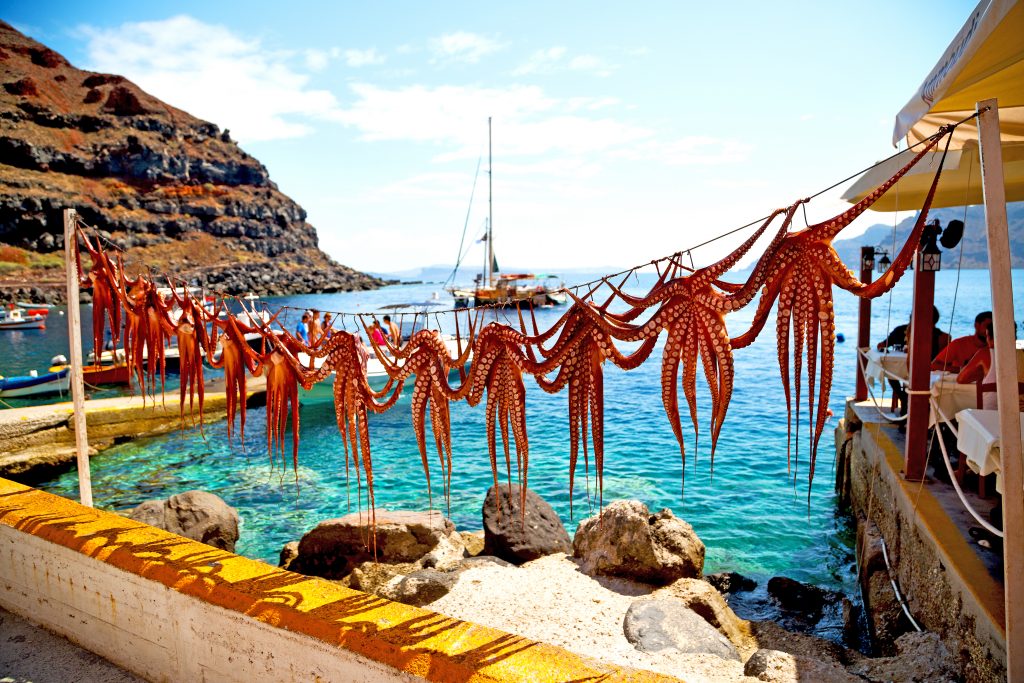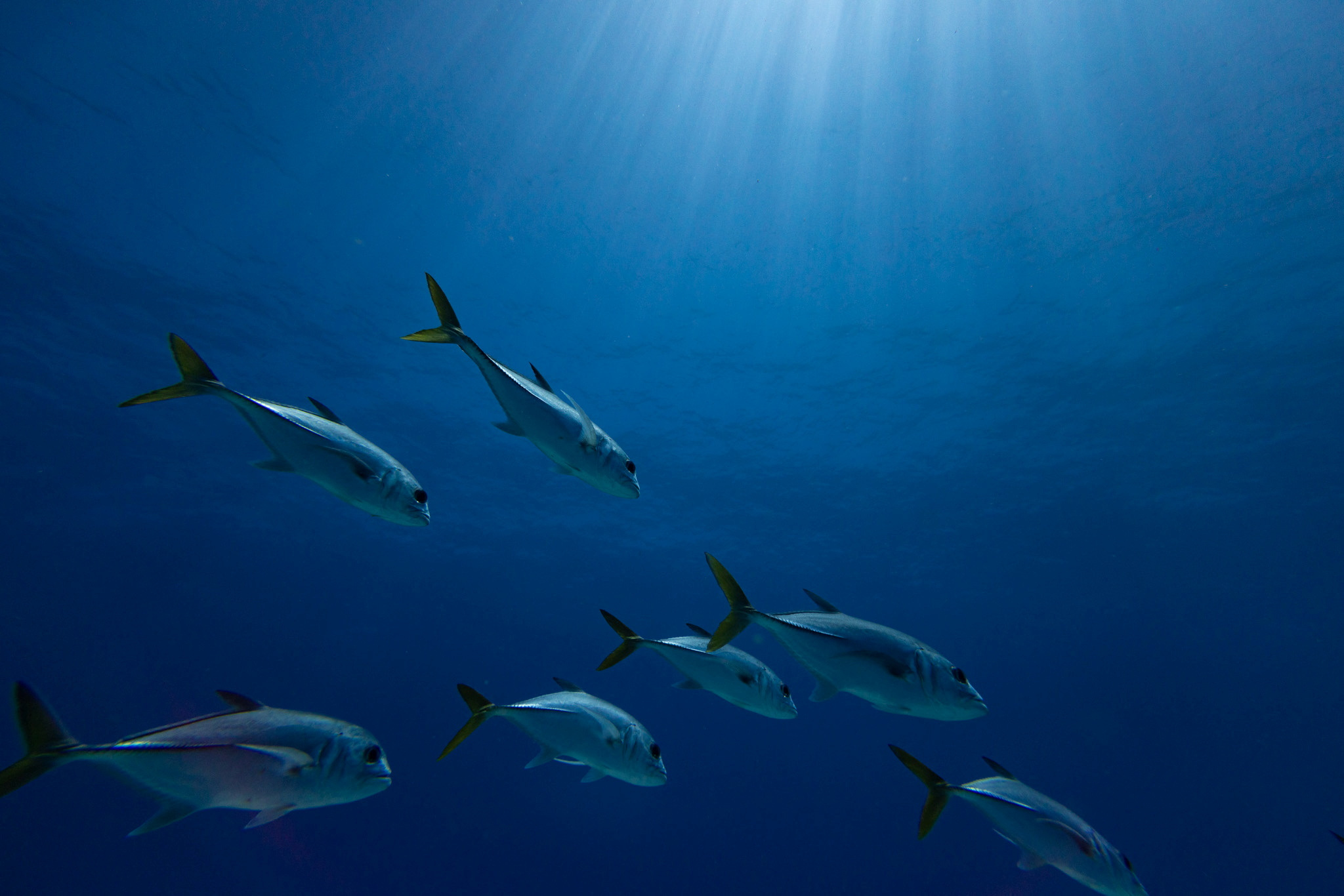The Greek fish farming industry wants Greece to resolve outstanding regulatory and institutional issues in the country, in order to maximize the sector’s sustainable growth prospects, according to an article at Ta Nea.
Fish farming in Greece
Citing a recent Aquaculture Conference, held in late June in Athens, Ta Nea says that the speakers at the conference highlighted the lack of a modern and competitive regulatory framework as the industry’s biggest problem right now.
The absence of rules keeps the sector back, because there is no support for existing businesses and it is harder to attract new investments on account of the uncertainty, explains Ta Nea.
Specifically, the absence of maritime spatial planning, which has yet to be implemented in Greece, is the main problem.
Since 2015, only 6 out of 23 organized aquaculture development areas have been established in Greece, says Ta Nea. This means that there are areas that are not able to be exploited and are also in limbo.
In the face of fierce international competition, Greece is missing opportunities to attract strategic investments, which comes at a cost to not only existing aquaculture companies, but to the greater Greek economy, highlights Ta Nea.
Supporting this point, the Hellenic Aquaculture Producers Organization recently conducted research to assess the economic impact of aquaculture in Greece and found that the industry creates over 12,000 direct and indirect jobs, and that there is a fairly large “shadow” sector, as many other activities and services are connected to aquaculture, according to Ta Nea.
About Maritime Spatial Planning
Greece should have had Maritime Spatial Plans in place by March 31, 2021, and has since been brought to the European Court of Justice for non-implementation of the EU directive.
Maritime spatial plans cover countries’ territorial waters and Exclusive Economic Zones. In simple terms, their purpose is to coordinate human activities in the sea in order to minimize conflicts among stakeholders, maximize the benefits people receive from the ocean, and maintain healthy marine habitats.




